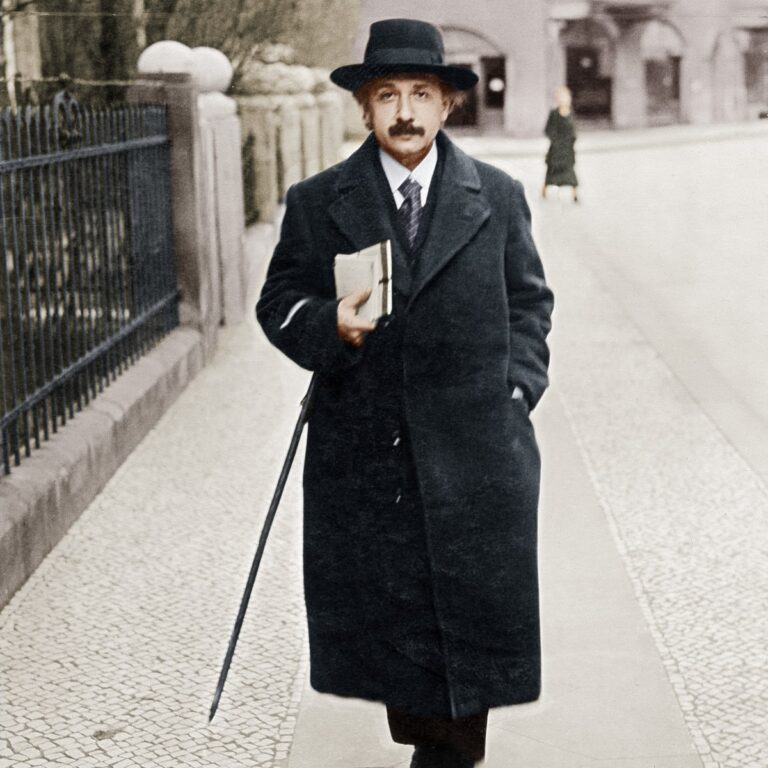Pan-European Fabrication: SUPREME unites 23 partners across eight EU countries to industrialize superconducting quantum chips.
Tech Development Roadmap: Focus on Josephson junctions, 3D qubit packaging, and scalable chip integration with a 2026 pilot line.
Research Access & PDKs: European enterprises and academics will gain access to validated processes via standardized design kits.
The European Union’s SUPREME project is taking shape as a coordinated push to scale superconducting quantum chip manufacturing across the continent. Backed by Chips JU and led by VTT Technical Research Centre of Finland, the consortium includes 23 partners across eight Member States and is set to launch a fabrication pilot line by 2026.
"By developing stable fabrication processes for superconducting quantum chips, we push the boundaries of what is possible in quantum computing, sensing, and communication."
— Pekka Pursula, Director for Microelectronics and Quantum Research, VTT
SUPREME's primary aim is to improve yield and repeatability in superconducting quantum chip fabrication. These chips serve as the core for quantum computers, sensors, and communication systems. The program emphasizes angle evaporated and etched Josephson junctions, hybrid integration methods, and 3D packaging approaches tailored for scalable quantum systems.
The pilot line, expected to go online in 2026, will validate technologies including 3D qubit assemblies, travelling wave parametric amplifiers (TWPAs), and superconducting nanowire single-photon detectors (SNSPDs). These demonstrations aim to prepare the chip technology for future handoff to industrial foundries. Access will be granted to European researchers, startups, and enterprises via process design kits (PDKs).
"We have focused on angle evaporated and etched Josephson junctions for their optimal balance of coherence and manufacturability."
— Jorden Senior, Technical Manager, SUPREME at VTT
SUPREME’s two-phase roadmap, just approved under a Framework Partnership Agreement, runs over six years. The initial technologies will be available to external users by 2027. Collaboration with chip design platforms and competence centers will support training and enable user-led device development through standardized PDKs.
"By establishing comprehensive PDKs and stable processing capability around these approaches, we are providing European quantum companies with reliable building blocks to focus on innovation rather than reinventing fabrication processes."
— Pekka Pursula, Director for Microelectronics and Quantum Research, VTT
SUPREME’s partner network spans top research institutions such as TU Munich, CEA, and Delft University, alongside commercial developers including Infineon, IQM, and startups like Alice & Bob and QuantWare. The goal is to give Europe a viable, industrially relevant foothold in the global superconducting quantum chip domain.


